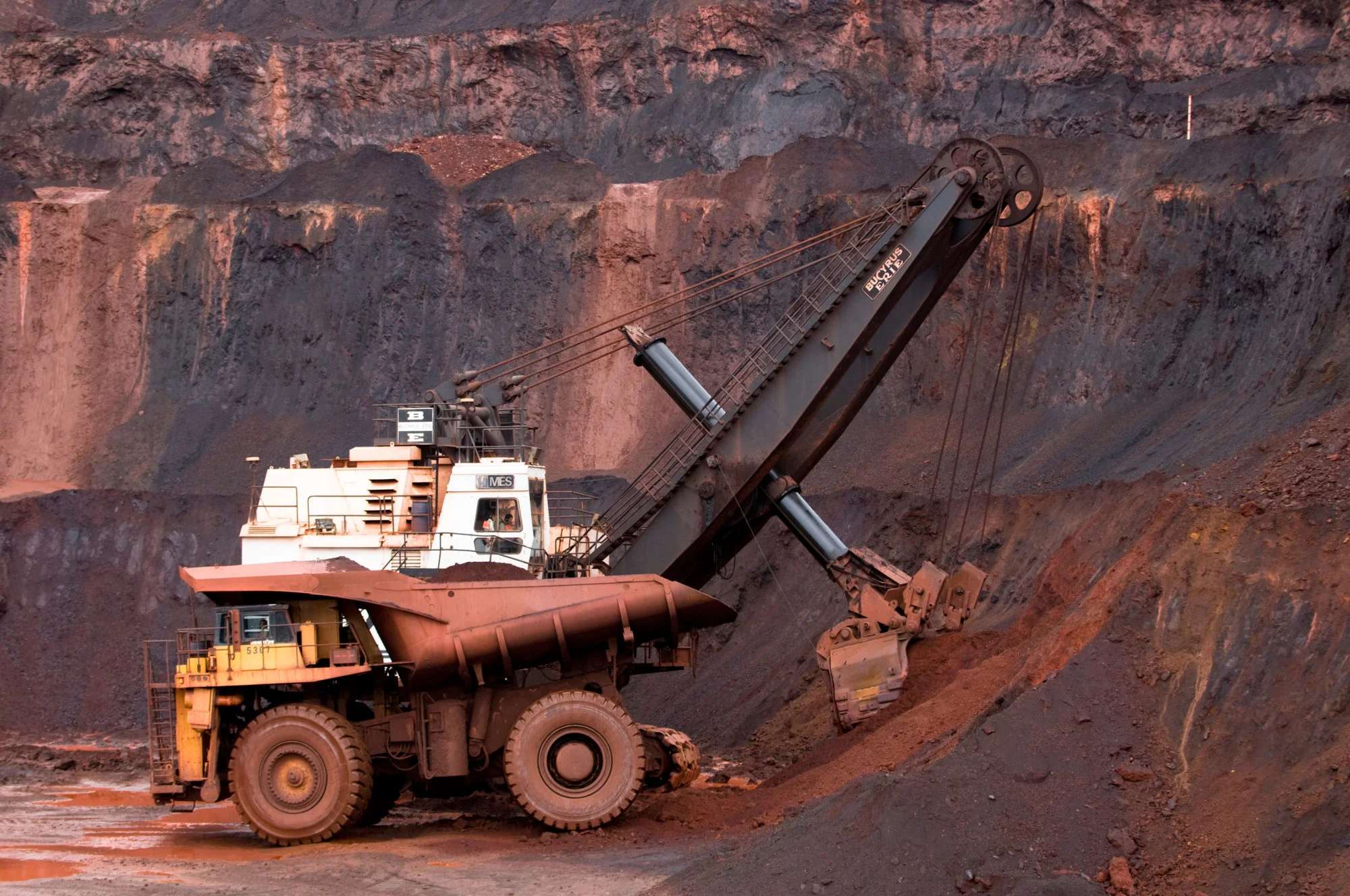India–US Trade Tensions Rise Over Steel and Auto Tariffs NMDC Limited reports a 38% drop in Q4 FY24 consolidated net profit RINL to Raise $23 Million Through Land Sales Amid Crisis

Justices Nitin Sambre and Abhay Mantri of the Bombay High Court's Nagpur bench have postponed the tree felling required to recover iron ore in the Manegaon block of the Amgaon forest range after local people protested the project. Over 3,141 large trees must be removed for Jayaswal Neco Industries Limited's (JNIL) iron ore mining project near Nagpur.
The MoEFCC has awarded the company forest permission for 17.56 hectares of land, equivalent to 44 football fields, for iron ore mining in Manegaon, within the Amgaon forest range of Gondia District. JNIL plans to mine 20,000 TPA iron ore. The total mining lease area includes 37.34 hectare. “The area is rich in wildlife and has Schedule-I animal species,” said wildlife conservationists.
Manegaon Gram Panchayat is opposed to mining as the villagers claim they depend on the forest for their needs. The gram sabha has already passed a resolution on May 17, 2022, against the mine. As per sarpanch Prakash Meshram, gram panchayat NOC has not been taken by the company.
On January 9, 2024, villagers stopped the tree felling operation by the forest department to pave the way for mining by the company. Manegaon Village Panchayat also filed a writ petition in the court through their counsel, Manish Jeswani and VS Kukday, challenging the final approval granted by the state government on May 11, 2023. The MoEFCC approval was granted on August 16, 2022.
The petitioner Manegaon panchayat counsels invited the attention of the high court to Rule 9(6)(d)(i) of the Forest (Conservation) Rules, 2022, which deals with the life of the ‘in-principle’ approval. The said rule says, “Where compliance of condition imposed in the in-principle approval is awaited from the state government or Union territory administration for more than two years, the approval shall be deemed to be null and void.”
The petitioner contended that the company was granted Stage-I forest clearance under Section 2 of the Forest Conservation Act (FCA) 1980 with stipulated conditions in March 2009. However, after a gap of 13 years, the proposal came alive. Whereas the state should have completed the compliances in two years, which was not done. Hence, in the backdrop of the submissions, the high court issued notices to the respondents returnable on March 7, 2024.
Also Read : PM launches infra projects worth ₹17,300 cr in Thoothukudi Adani Power arm approves merger of Stratatech Mineral Resources into self